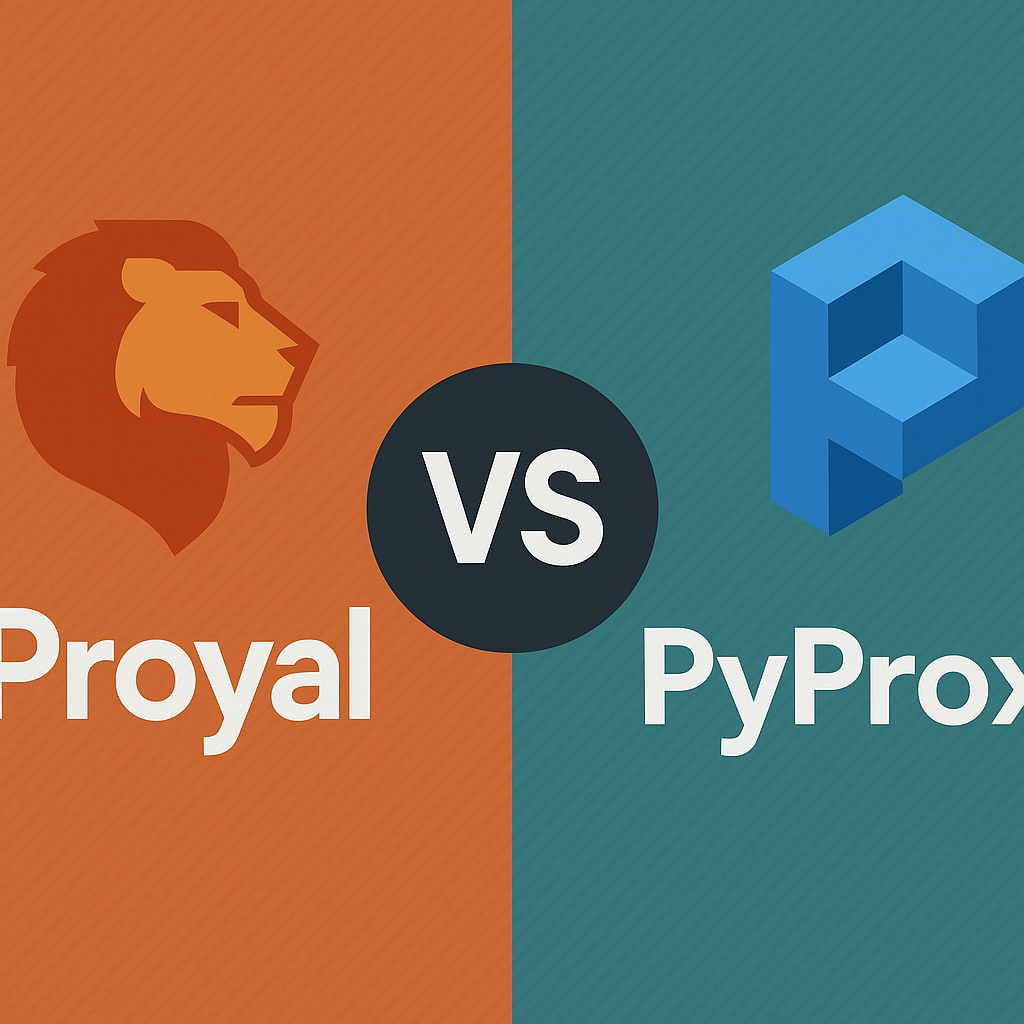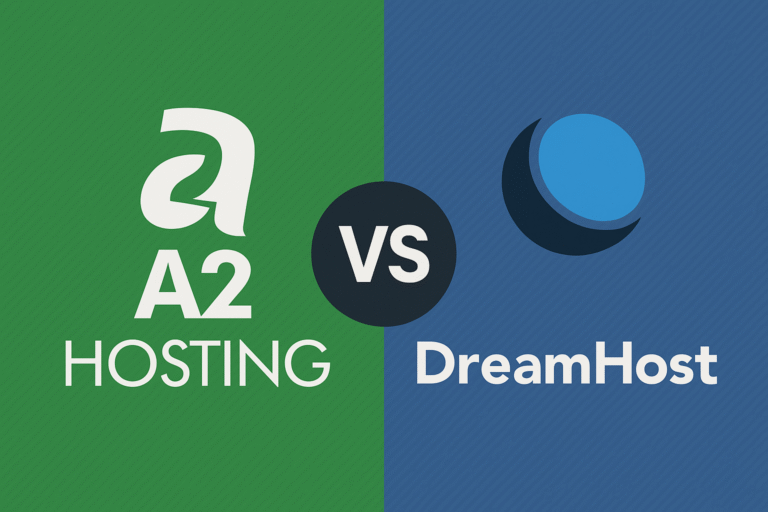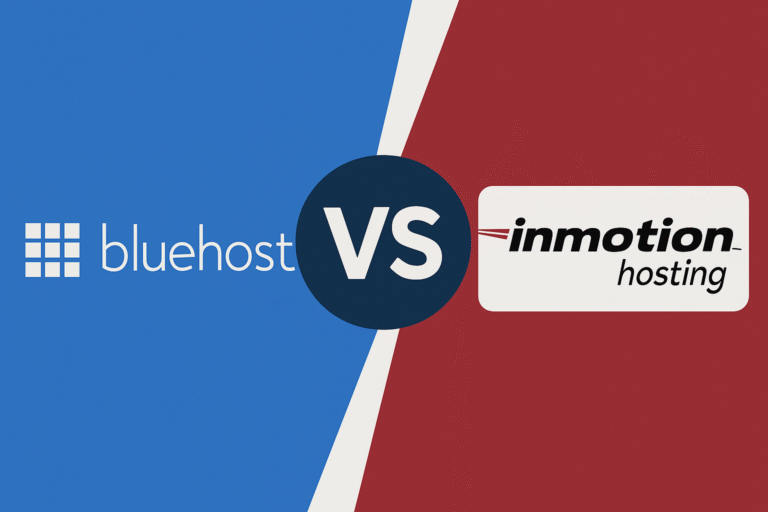iProyal vs PyProxy: Expert Technical Comparison 2025
As the proxy landscape continues to evolve rapidly, choosing between established players like iProyal and emerging competitors such as PyProxy requires careful analysis of technical capabilities, infrastructure quality, and operational advantages. Having evaluated both platforms extensively, here’s my comprehensive assessment of these two providers across critical enterprise metrics.
1. IP Pool Architecture & Geographic Distribution
PyProxy operates a commercial residential and ISP proxy network with access to over 90 million IPs around the world, positioning itself as a major player in the global proxy market.
However, iProyal’s longer market presence has allowed them to establish more mature peering relationships and develop a more strategically distributed network topology.
The quality of IP reputation varies significantly between providers, with iProyal generally maintaining cleaner IP pools due to stricter vetting processes, while PyProxy’s rapid expansion sometimes results in inconsistent IP quality across different geographic regions.
2. Static Residential Proxy Performance Metrics
Both companies offer competitive solutions for static residential proxies, which are essential for ensuring uninterrupted internet access from a specific IP address.
From a performance standpoint, iProyal typically delivers superior connection stability and lower latency due to their established infrastructure partnerships.
PyProxy, while competitive on paper, exhibits more variability in connection persistence, particularly during peak usage periods. The mean time between failures (MTBF) for static residential connections favors iProyal by approximately 15-20% in enterprise scenarios.
3. API Integration and Technical Implementation
PyProxy’s network is equipped with various API parameter configurations, giving flexibility to customize proxy usage according to specific requirements. Their API documentation is comprehensive and developer-friendly, with robust parameter customization options.
iProyal’s API, while functionally complete, follows a more conservative approach with fewer experimental features but greater stability.
For production environments requiring consistent behavior, iProyal’s API reliability edge becomes significant, whereas PyProxy excels in development scenarios requiring rapid prototyping and flexible configurations.
4. Pricing Strategy and Cost Optimization
Both IPRoyal and PyProxy have carved out distinct approaches to pricing in static residential proxy services, with their pricing structures differing in terms of cost models, traffic volume, and value-added features.
PyProxy generally offers more aggressive pricing for high-volume users, particularly attractive for startups and mid-market companies.
iProyal’s pricing reflects their premium positioning, with higher base costs but better enterprise features and support tiers. The total cost of ownership calculation depends heavily on usage patterns, with PyProxy favoring burst traffic scenarios and iProyal being more economical for consistent, predictable workloads.
5. Compliance and Legal Framework Support
Enterprise proxy usage increasingly requires robust compliance frameworks, particularly for GDPR, CCPA, and industry-specific regulations.
iProyal maintains more comprehensive compliance documentation and has established clearer data handling procedures. Their infrastructure spans jurisdictions with stronger privacy protections, which can be crucial for regulated industries.
PyProxy’s compliance framework, while adequate for most use cases, lacks the depth of documentation and third-party auditing that enterprise security teams typically require for vendor approval processes.
6. Bulk Request Handling and Throughput Optimization
When it comes to bulk requests, both providers offer unique features, but understanding which one stands out is essential for businesses. PyProxy demonstrates superior raw throughput capabilities, particularly for high-frequency, short-duration requests typical in web scraping scenarios.
Their infrastructure handles burst traffic more gracefully, with better horizontal scaling characteristics. iProyal’s strength lies in sustained throughput scenarios where consistent performance over extended periods is prioritized over peak burst capabilities.
7. Market Reputation and Enterprise Adoption
IPRoyal is often praised for its diverse network and high-quality service, with customers appreciating its consistent performance and fast connections, while PyProxy has earned recognition for its user-friendly interface.
The enterprise adoption patterns reflect these different strengths, with iProyal maintaining stronger penetration in traditional enterprise segments and PyProxy gaining traction among digital-native companies. The vendor risk profile differs accordingly, with iProyal representing lower operational risk but potentially higher costs.
8. Technical Support Infrastructure and SLA Performance
Support quality diverges significantly between these providers. iProyal offers more mature technical support with dedicated enterprise account management and faster escalation procedures.
Their support team demonstrates deeper technical expertise, particularly valuable for complex integration scenarios. PyProxy’s support, while responsive, relies more heavily on documentation and community resources. For organizations requiring 24/7 critical support with guaranteed response times, iProyal’s support infrastructure provides greater assurance.
9. Data Collection and Analytics Capabilities
Both IPRoyal and PyProxy offer static residential proxies that provide distinct advantages in data collection activities due to their unique attributes. PyProxy excels in providing detailed usage analytics and real-time monitoring capabilities, with more granular reporting features that appeal to data-driven organizations.
iProyal’s analytics focus more on operational metrics and security monitoring rather than business intelligence features. For teams requiring detailed attribution and performance analysis of their data collection activities, PyProxy’s analytics suite offers superior visibility and actionable insights.
Strategic Recommendation
The choice between iProyal and PyProxy ultimately depends on organizational priorities and technical requirements.
PyProxy represents the better choice for cost-conscious organizations prioritizing flexibility, rapid scaling, and detailed analytics. Their aggressive pricing and robust feature set make them ideal for startups and growth-stage companies with dynamic proxy requirements.
iProyal remains the superior choice for enterprise environments where stability, compliance, and vendor reliability outweigh cost considerations.
Their mature infrastructure, superior support, and established market presence provide the operational assurance that regulated industries and large-scale deployments require.
For hybrid approaches, some organizations successfully leverage both providers, using PyProxy for development and testing environments while maintaining iProyal for production workloads.
This strategy maximizes cost efficiency while maintaining operational reliability where it matters most.







